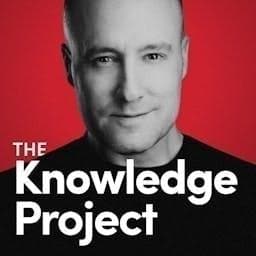Mark Collett remembers a time when many Newfoundlanders and Labradorians left the province in search of work, including himself. But today, as the CEO of St.John’s-based Crosbie Group, he sees a different story unfolding.
“Certainly for the first 30 years of my life, I think we were probably hanging our head a little bit low,” he tells Goldy Hyder on the Speaking of Business podcast. “But I think we started to pump our chest out when things really started to move ahead in the oil industry.”
Crosbie Group, a fourth-generation family business, plays a central role in the energy, marine and real estate sectors in Canada, the United States and Guyana. Collett has seen firsthand how quickly other countries have moved ahead with energy projects, while those in Canada have stalled. “From 2014 to 2018, there were over $4 billion in commitments to explore offshore Newfoundland and Labrador,” he notes. “Since 2018, there’s been just $300 million.”
He attributes much of that slowdown to regulatory uncertainty. Despite the challenges, he believes the tide may be turning. “We need to seize the moment, seize the day,” he urges. “We have a very willing sentiment toward the industry right now.”
For Collett, the conversation isn’t just about energy, it’s about Canada’s future. “We spend an awful lot of time talking about our potential and tomorrow,” he says. “I'm personally at a place where I want to see things happening and happening now.”
🎧Listen to the full conversation with Mark Collett on the Speaking of Business podcast.































